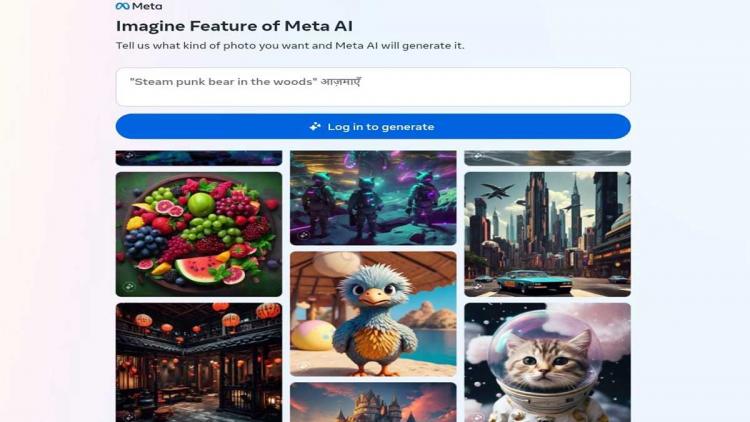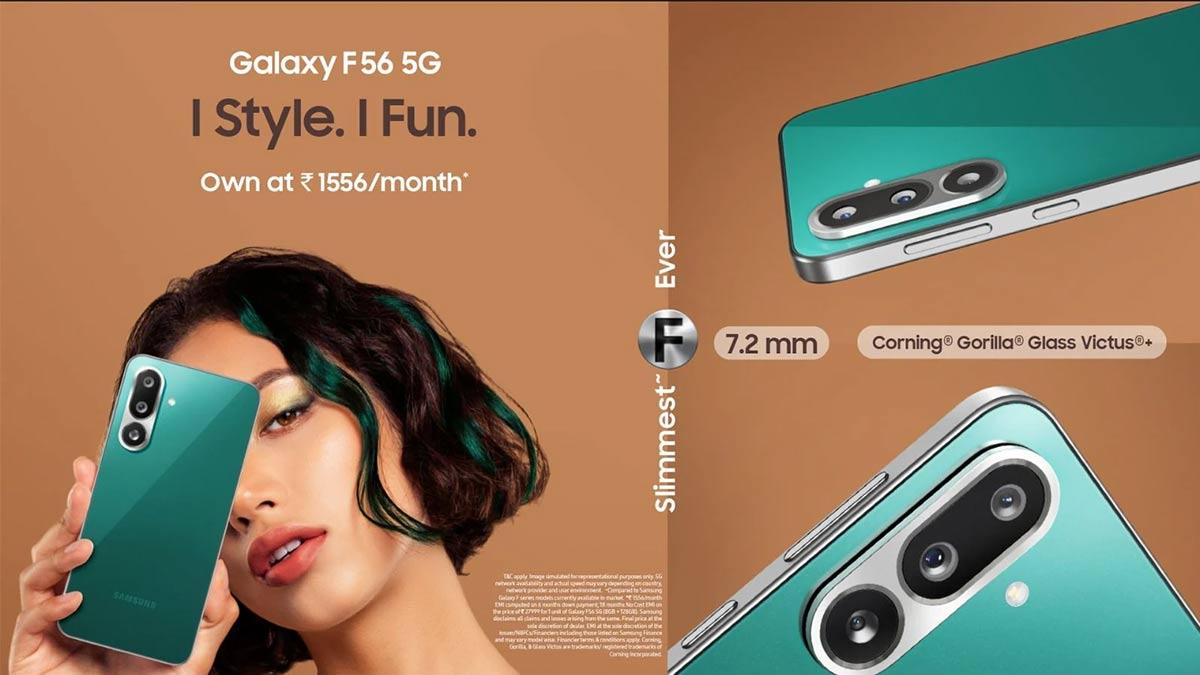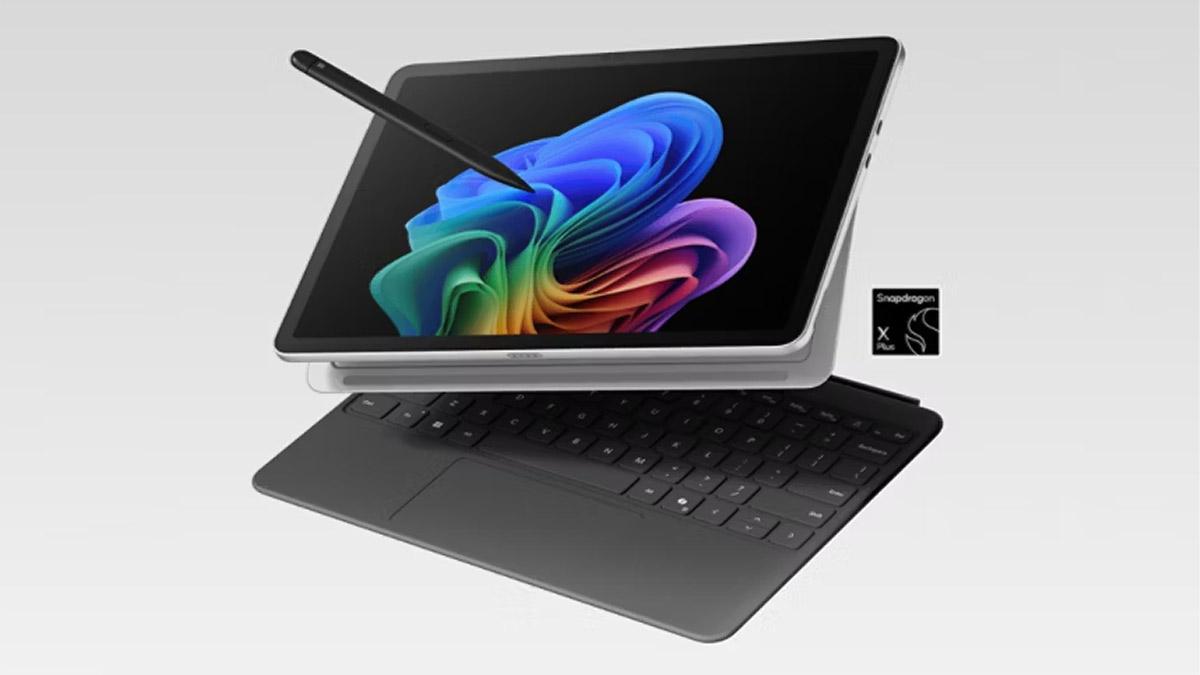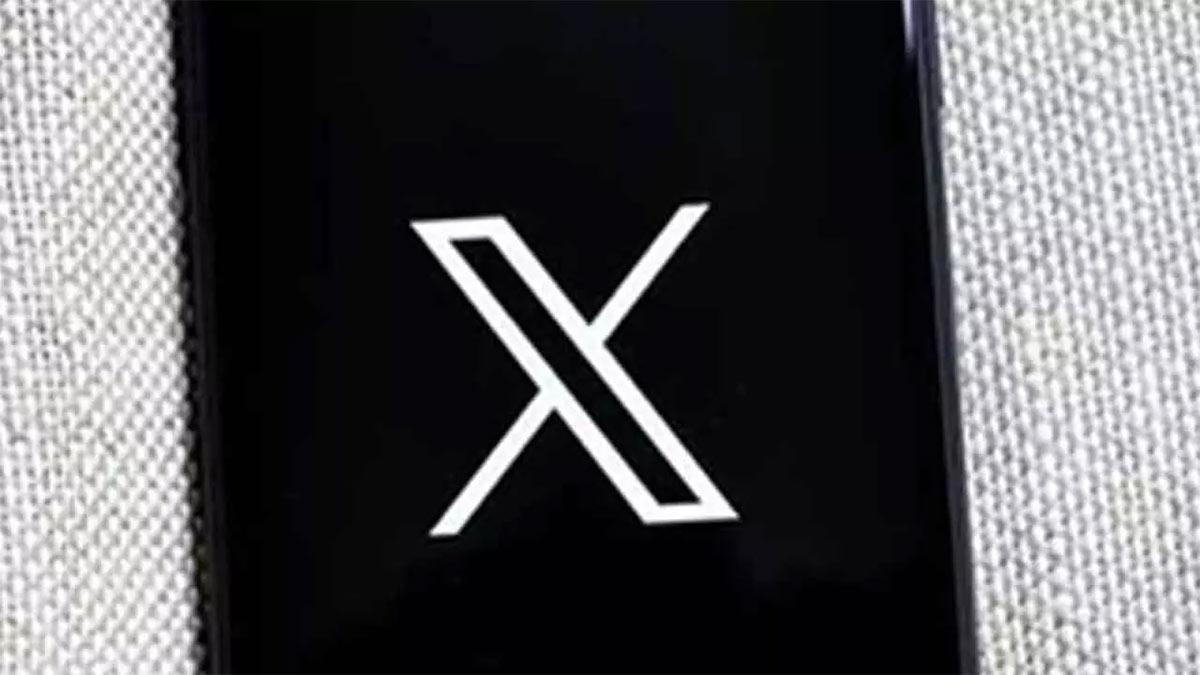Meta, formerly known as Facebook, has introduced a groundbreaking standalone AI-driven image generator called "Imagine with Meta" on the web, enabling users to craft images through natural language descriptions.
This innovative image generator, initially showcased at Meta's Connect event in November, was initially integrated into Meta's AI chatbot. 'Imagine with Meta' leverages the Emu image generation model, Meta's existing technology that transforms text prompts into high-resolution images. The service is currently accessible for free to users in the United States, offering the generation of up to four images per prompt.
In a blog post on Wednesday, Meta shared the exciting news, stating, "Today, we’re expanding access to imagine outside of chats, making it available in the US to start at imagine.meta.com. This standalone experience for creative hobbyists lets you create images with technology from Emu, our image foundation model."
While the messaging experience is designed for playful interactions, 'Imagine with Meta' on the web broadens its scope for creative enthusiasts. Notably, AI-generated images carry a visible watermark in the lower left corner, a clear identifier that they were crafted using Meta AI. This measure also helps mitigate the risk of confusion between AI-generated and human-created content.
Meta plans to enhance transparency and traceability by introducing invisible watermarking to the 'Imagine with Meta' AI experience in the upcoming weeks. This invisible watermark, applied through a deep learning model, remains imperceptible to the human eye but can be detected by a corresponding model. It exhibits resilience to common image manipulations like cropping, color adjustments, and screenshots. Meta aims to integrate invisible watermarking into various products featuring AI-generated images in the future, ensuring a more secure and transparent digital experience.
(With Agency Inputs)
Read also| Google Unveils Gemini GenAI Model for Handling Highly Complex Tasks
Read also| Pixel 8 Pro Now Powered by Google's AI Model 'Gemini Nano'


















